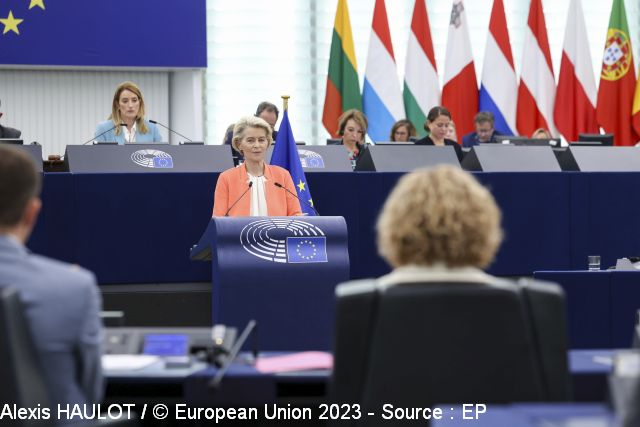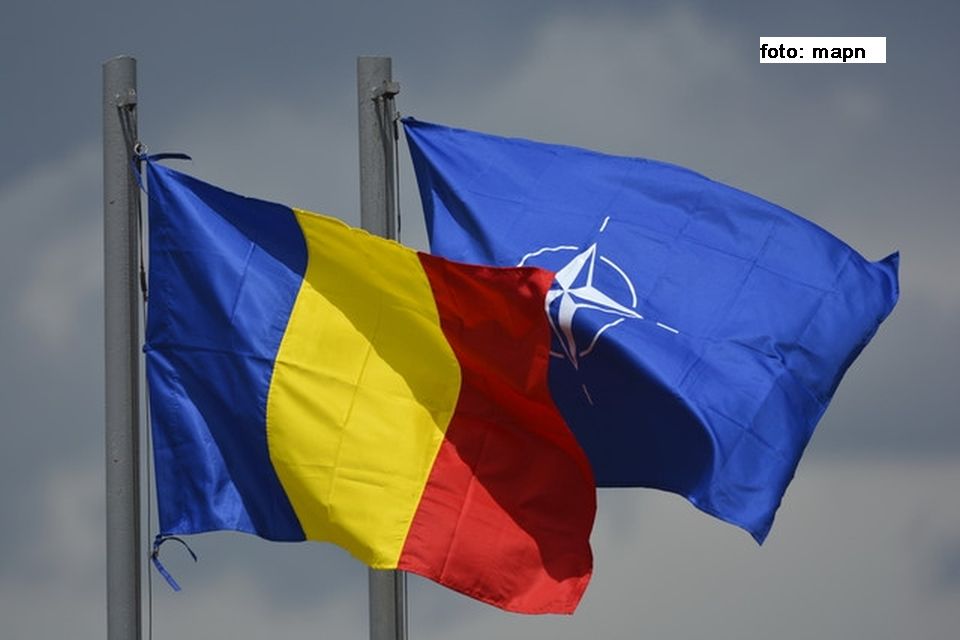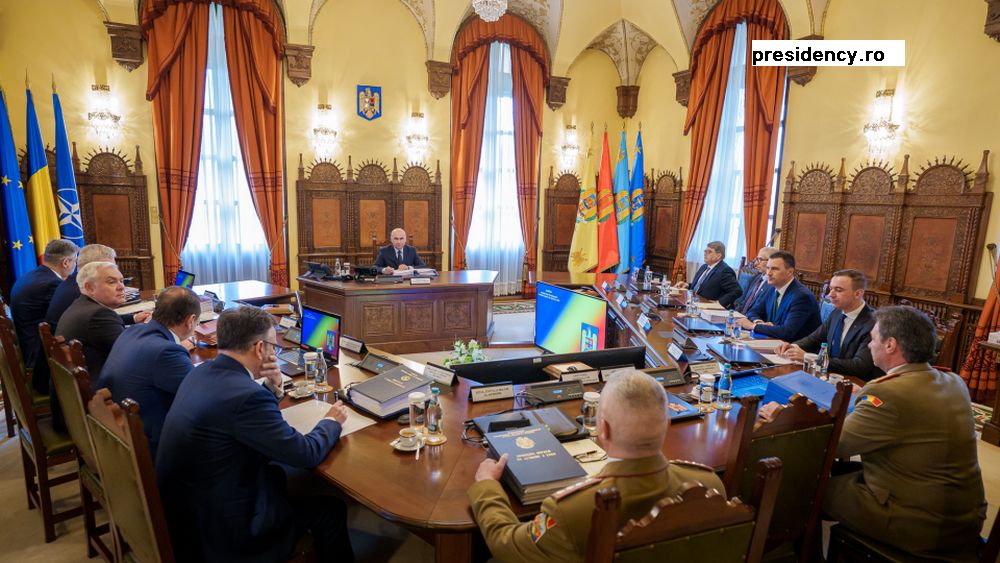State of the European Union
The president of the European Commission conveys encouraging message for Romania and Bulgaria.

Roxana Vasile, 14.09.2023, 14:00
The war in Ukraine, the tensions with Russia or the energy crisis are some of the immediate realities included in the State of the Union Address delivered in the European Parliament in Strasbourg by the President of the European Commission, Ursula von der Leyen – the last such address in the current mandate of the European Commission. Therefore, it was a moment of reflection not only on the past year, but on the entire mandate. And the main message would be that over 90% of the political objectives that the current Commission set at the end of 2019 have been met.
Some of the Commissions priorities for the end of its mandate were summarized, in an interview for Radio Romania International, by the head of the European Commission Representation in Romania, Ramona Chiriac: “The von der Leyen Commission wants to take additional steps in relation to better supporting the business community. Also, an additional step taken towards European citizens is a new vision of a strategic dialogue on the European agricultural policy. We will equally continue the dialogue on the new budget schedule, in which, as you know, there is also a component for Ukraine, because the support for Ukraine remains as long as they need our support.”
The Commissions attention is also focused on the accession of Romania and Bulgaria to the Schengen area. Although in her State of the Union Address, Ursula von der Leyen clearly said that the two deserve to be welcomed in the free travel area, she did not offer a clear solution to overcome the opposition of Austria, the only country of the 27 EU members still against it. Anyway, addressing all the MEPs from all the countries and from all the political groups represented in the EP, Mrs. von der Leyen had an encouraging message, which was applauded, for the migration management policies of Romania and Bulgaria. The Romanian MEPs, regardless of their political color, believe that Bucharest must put pressure on the European authorities to obtain entry into Schengen by the end of the year.
Here is the Social Democrat Victor Negrescu: “I would have expected the president of the European Commission to come with a definite date regarding Romanias accession to the free travel area or with alternative solutions in the event of a possible new refusal by Austria.”
in his turn, the liberal Siegfried Mureşan underlined that: “I hope that the Austrian Government will have a rational, correct attitude, and that the unjustified veto against Romania will be lifted as soon as possible.”
Finally, Dacian Cioloş, from the Renew Europe group, a former European Commissioner, believes that Romania should adopt a radical position: to use its right of veto on any subject that requires unanimity at the European level, until the European leaders resolve the Schengen problem. (LS)






























